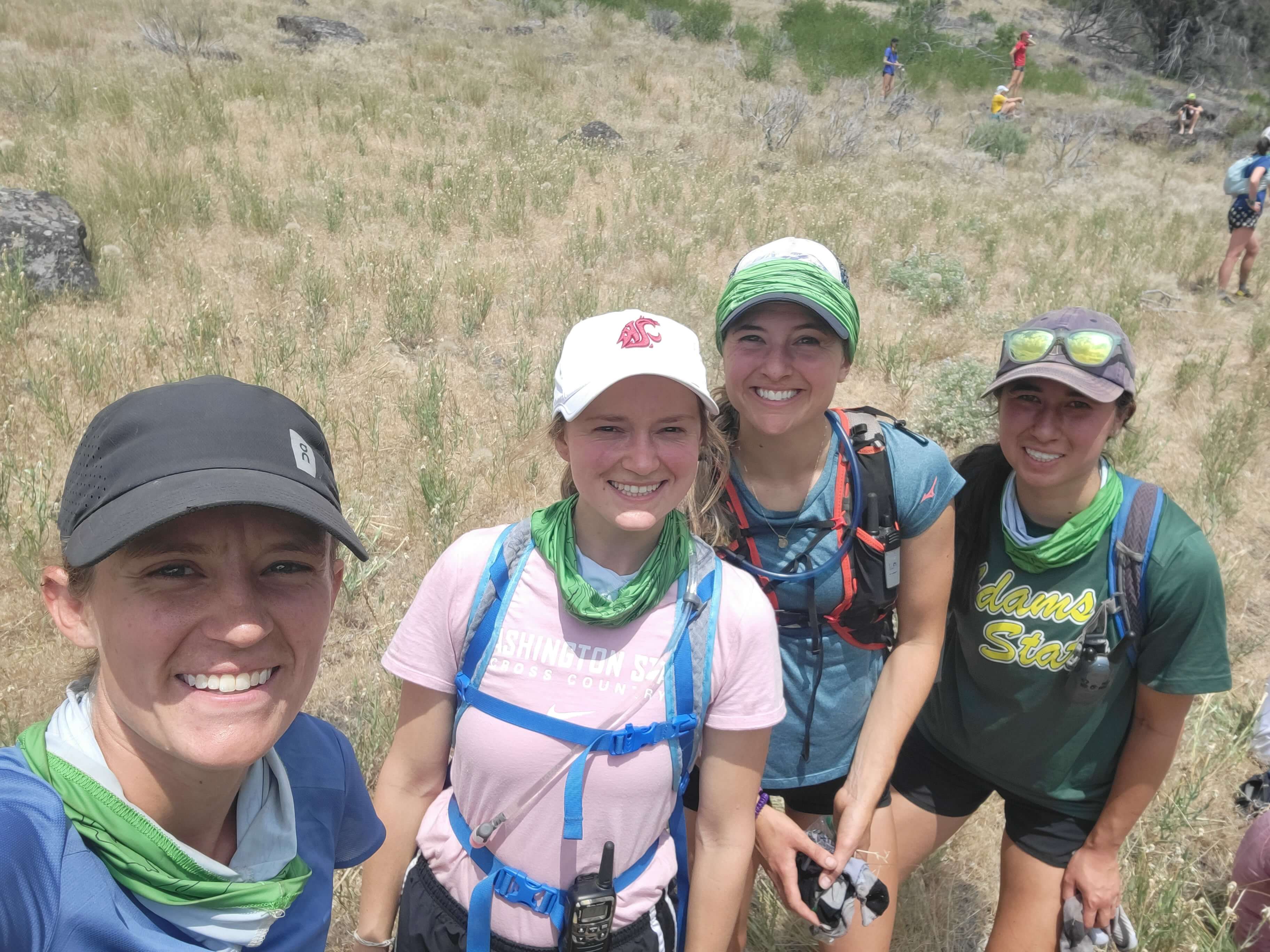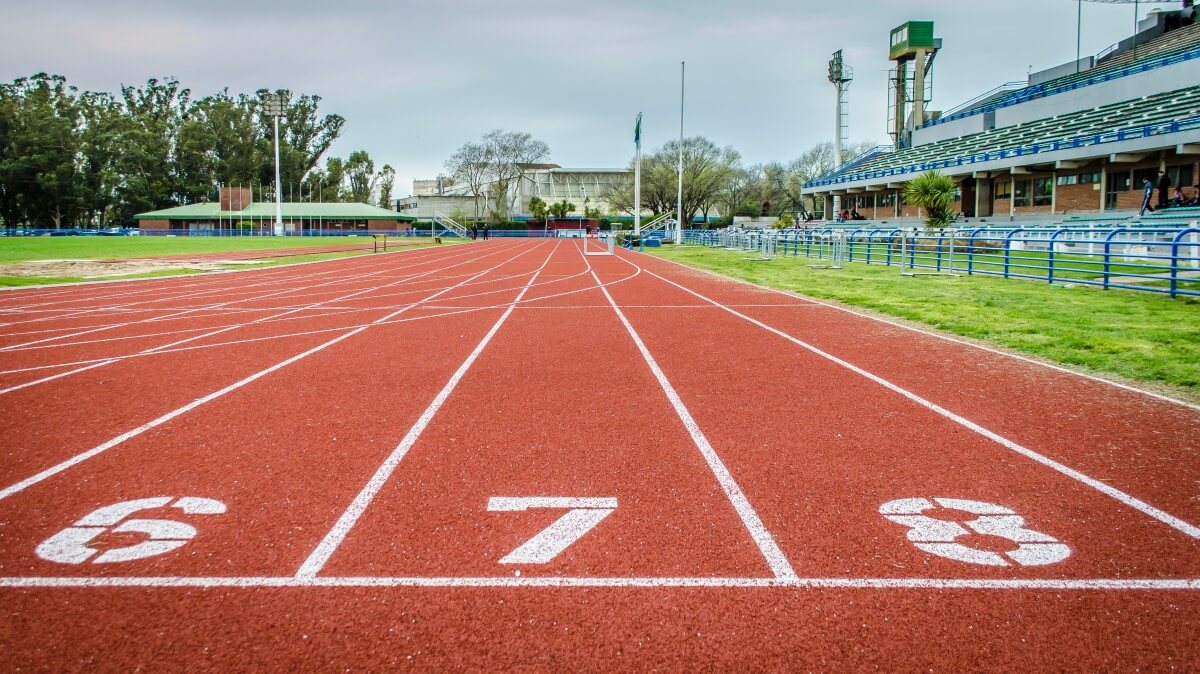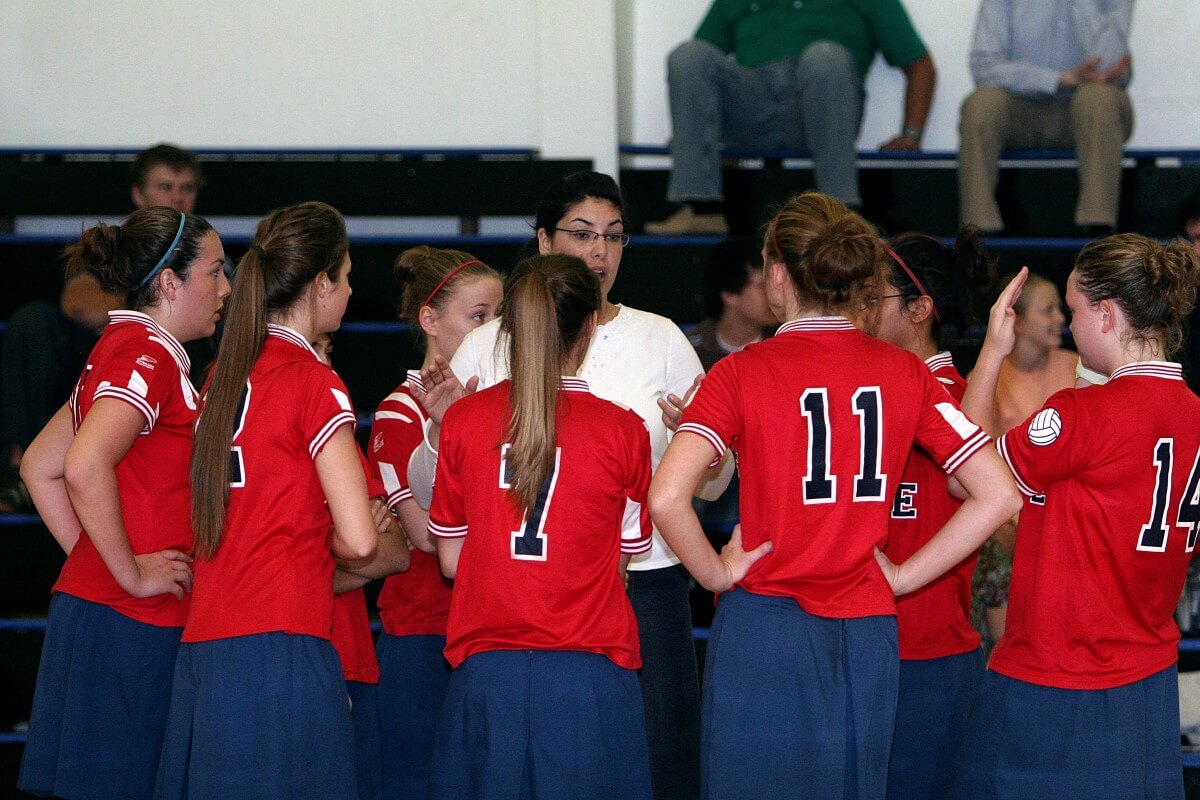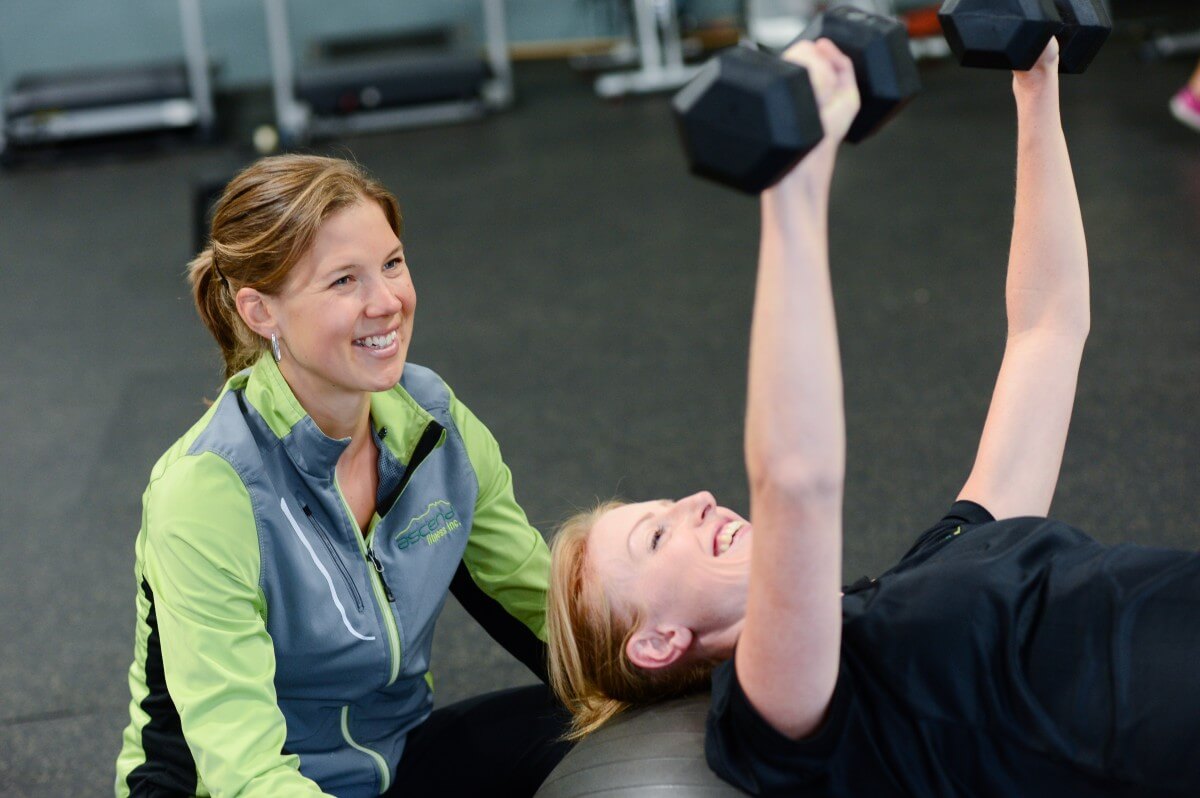
I was born 22 years after Title IX passed in 1972. I always had the opportunity to play, and I grew up in an area that supported and encouraged everyone to move. I played soccer growing up, but I never noticed or observed any differences between the resources allocated to my team versus my brother’s team. Besides soccer, I did summer swim league, cross country, and track and field, which meant I was practicing at the same time with the boys or even running with the boys. I was also a very talented young runner; the local news celebrated my success starting in middle school through high school.
Despite the efforts of Title IX, I did not understand the ongoing gender equity issues in sport until I became a collegiate cross country and track coach. For the last five years as part of the University of Idaho’s cross country and track staff, I have always been one of the only female coaches at a cross country or track meet. I initially really enjoyed being one of the only female coaches at meets. I felt like I was a part of the selective “boys club”, I somehow earned entry into the coaching world dominated by men that apparently very few women were invited to join. Despite the sense of pride I felt being in the “boys club”, I did not understand why more women were not coaching. If I had entered the coaching world, why couldn’t other women too.

My curiosity, took me back to my master’s research where I learned that while Title IX increased the participation of female athletes, the presence of female coaches has not increased, rather fewer females coach women’s sports now. Before Title IX, women’s sports were part of the AIAW (Association for Intercollegiate Athletics for Women), an organization run by women and for women (Kamphoff, 2010) as women consisted of 90% of the coaches and administrators (Acosta & Carpenter, 2014). Now that women’s teams are in the NCAA (National Collegiate Athletic Association), 42.7% of women’s teams are coached by females (University of Minnesota, 2021) and 2-3.5% of men’s teams are coached by women (Acosta & Carpenter, 2014).

I started to feel that as a female I had less of a voice than my male counterparts. When I am in a group of all-male coaches, the men dominate the conversation, rarely asking women for advice on training. If women are included in the conversation, the male coaches want to know what our experience is like as female coaches. I have always been tempted to ask them in return what their experience is like being a male coach since they seem to be extremely interested in my experience.

Recently, on a Zoom call with a group of about 20 male coaches and three female coaches, the male coaches constantly discussed why more women are not on the call. One of the male coaches even said that the running coaching community should be really pleased with the number of females coaches in the sport because “…women’s coaching is in its infancy…” (Illinois high school cross country and track coach, personal communication, Fall 2020). According to the Tucker Center for Research on Girls & Women in Sport Women in College Coaching Report Card (2021), NCAA Division I cross country (63 female head coaches compared to 292 male head coaches) and track & field (64 female head coaches compared to 283 male head coaches) received an “F” for the lack of female head coaches. Since when should we be happy with an “F”? And women in coaching is not in its “infancy”! I was upset! I asked all the male coaches on the call if they had ever invited a female coach to participate in the call. If male coaches truly want more female coaches involved, they need to make women feel valued and appreciated. Male coaches should also recognize that as a male, they will never understand a woman’s experience, especially in a world like sports, regardless of the number of times they ask about our experiences. For example, my female athletes will come to me about certain situations because they were uncomfortable talking to the head distance coach. I also have the experience of being a woman and a woman in athletics, which means I might just understand on a different and deeper level the experiences of the female athletes. In the same capacity, I cannot relate to everything my male athlete experiences, which is why I am thankful the head distance coach is there too.
Title IX did increase the number of female athletes participating in sport and I was one of the female athletes who reaped the benefits from increased opportunities. However, Title IX failed to increase the number of women in coaching. I believe sports have a duty to include more women and people of different ethnicities in leadership positions to best reflect the composition of athletes playing and be role models to young athletes. I hope that as I continue coaching, I can help more women feel valued and welcomed in the athletic world and maybe even inspire the next generation to pursue coaching!


Sam, this was well written and presented.
We all should be encouraging & recruiting women into the field of coaching at all levels. States can help by providing teachers with professional development opportunities in the field of coaching sports that meet teacher certification renewal credit requirements. Perhaps teachers of other disciplines who were athletes, or have the interest to coach…may become involved. School districts are sometimes desperate for teacher/coaches. Recognizing Coaching as a professional position may be attractive to more women.
Thank you for sharing your experience with readers, Sam! Passing “I am here to play…have fun…” are encouraging the athlete to perform from within, where they have control.